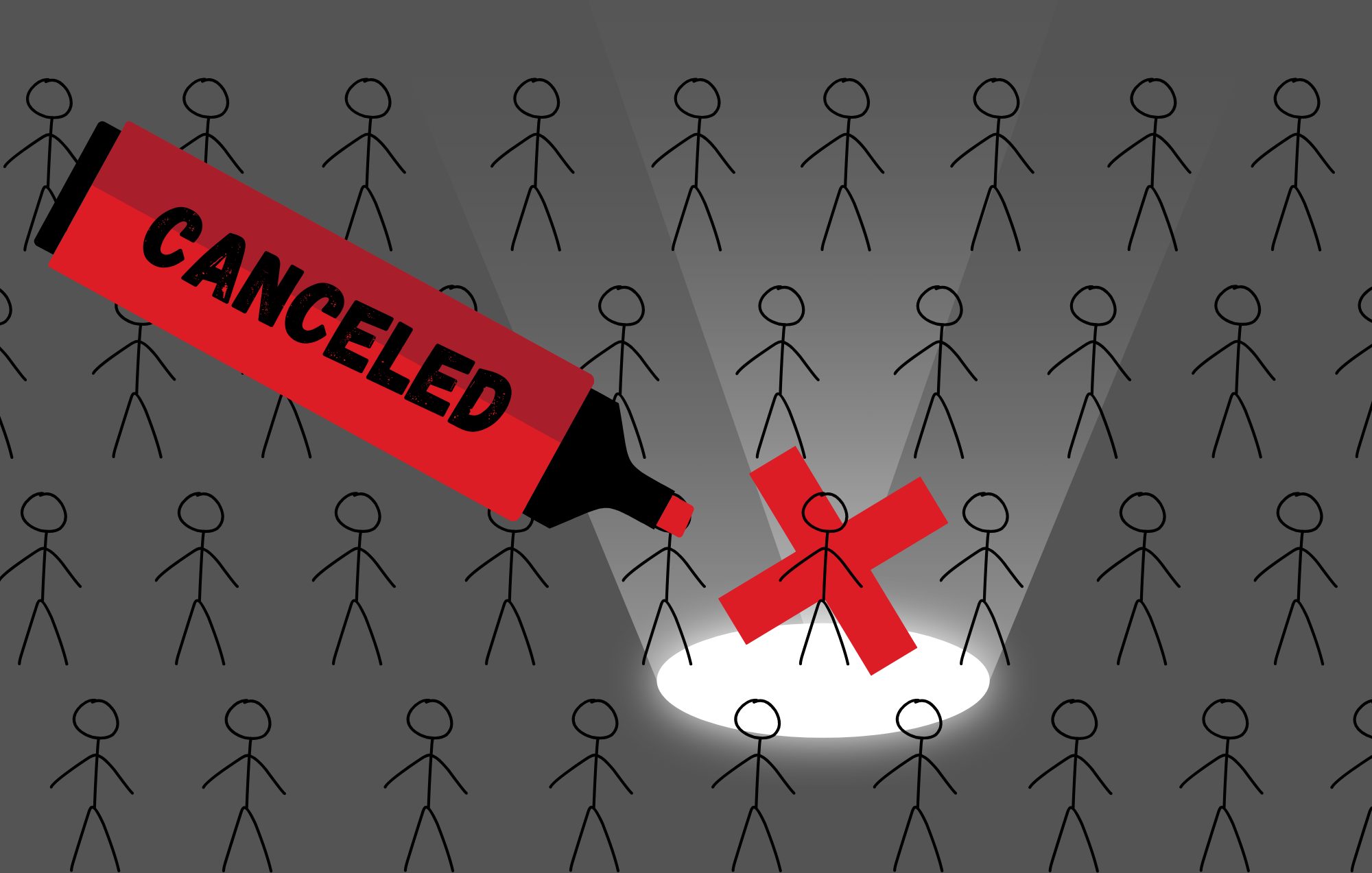Cancel culture encourages conformity; conformity has no place on a college campus, a place where diverse thought should be nurtured.
Cancel culture is a tool used to shame people for their views on a topic because society has deemed it offensive. The fear of cancel culture has silenced us when our views are not shared by the majority.
The protection of the First Amendment is our right to free speech. This protection includes any speech whether it is found offensive in nature or not. Free speech on a college campus is important for students to feel like they can talk about topics they agree with and debate those that they do not.
Our education relies on the development of a free mind, and colleges and universities should be providing environments where students can have free expression.
When we are faced with topics that we disagree with most, that is when we find out how much we truly value the freedom of speech. Speech that we deem offensive and threatening to our point of view deserves the same protection as speech that we agree with.
However, the protection of the First Amendment does not pertain to harassment or targeting. There is a line between free speech and threatening an individual’s safety. Situations in which a student feels that line has been crossed should be handled carefully and on an individual basis.
I took a political science class last fall, and we discussed topics such as whether or not the Green Initiative would work or if Congress is a dysfunctional institution. Politics is a subject where free speech comes into play very often and influences most debates. In the class I took, I often found myself thinking about my opinion but never speaking it out loud. I felt like my political views did not align with the majority of the class, so I kept my thoughts to myself.
Living in a conservative area, such as St. George, can have a big impact on how much censorship happens on campus. Students may feel the need to self-censor when talking about topics that do not coincide with the right-wing views that are common in the community.
How often are we self-censoring for fear of being canceled by our peers? When someone disagrees with you, are you silenced, or do you engage in a debate? Maybe the consequences of saying something that may receive backlash are too steep, and you would rather just keep your mouth shut.
The anxiety of our views being met with immediate hatred or the thought of being “canceled” has taught us avoidance. We would rather lie or simply not speak on a topic rather than risk rejection from our peers.
Universities should be creating environments where student’s self-expression is a top priority. Diverse thought and expression should be welcomed in classrooms. We should feel encouraged to be brave and stand up for our views rather than feel the need to shut ourselves down when faced with opposition.
Universities should encourage professors to promote diverse thinking in their classes and aid students in feeling that they can talk about their opinions, even if they are unpopular among their peers.
As students, let’s challenge each other’s convictions and create spaces for open discussions. Rather than freezing out someone we don’t agree with, let’s talk about how our opinions differ and be open-minded to other points of view.
Campus culture needs to be in favor of challenging our ideas and creating debates allowing us to grow and develop our worldview.




